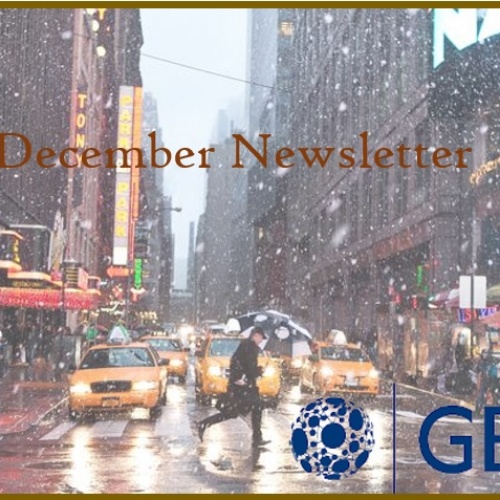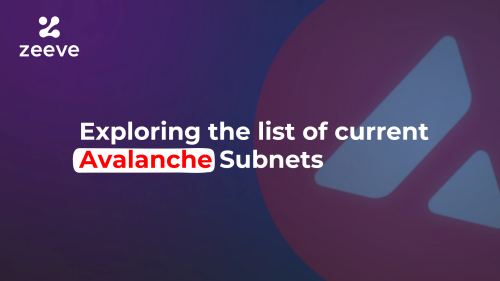Government Blockchain Association (GBA) – An Organization on a Mission!
Gerard Dache established government Blockchain Association (GBA) in 2016 with only two additional persons. This number rose to approximately 40 persons by January 2017. Today the organization stands at over 15 thousand strong with the potential for membership to become many millions. GBA is a global body of experts and other persons who share an interest in Blockchain technology. This type of technology is also known as distributed ledger technology.
The individual members within GBA are largely from government entities and organizations, and a smaller number of persons from the private sector. The organization promotes Blockchain technologies by empowering individuals and organizations to connect, communicate, and collaborate to solve public sector challenges around the world.
The GBA initiative to launch its own token is a bold one and one that sits on top of a solid foundation. GBA’s leadership rightly believes that a token issued to promote and serve the interest of the public may accrue both knowledge and benefits that may advance other governmental initiatives using the distributed ledger technology. In establishing a soon to be launched token, GBA is creating an atmosphere of understanding and trust that is hopeful in scope and ambitious in scale. Why is this so? Because a successful launch of the GBA Token will prove that the inherent qualities enumerated by GBA is accurate. These qualities include:
- Rules-based on a consensus mechanism?
- Transparent enough to eliminate fraud?
- Fair so that those who made the most contributions, received the most reward?
- Sustainable?
In this regard, GBA posited that its token is an experiment to explore how an association, organization, and potentially a government could operate as a Decentralized Autonomous Organization (DAO).
What exactly is a DAO you may ask? According to Alex Orwell in a presentation on October 15, 2019, to the Kringlepay Network, “Blockchain and smart contracts are governance technologies that have the potential to provide higher levels of transparency while reducing bureaucracy with self-enforcing code. They can minimize existing principal-agent dilemmas of organizations and subsequent moral hazards. Tokens of distributed networks hereby provide incentives to automatically align interests in the absence of third parties.”
Orwell noted, “A decentralized autonomous organization (DAO), sometimes labeled a decentralized autonomous corporation (DAC), is an organization represented by rules encoded as a computer program that is transparent, controlled by shareholders and not influenced by a central government. A DAO’s financial transaction record and program rules are maintained on a Blockchain.” “DAOs tackle an age-old problem of governance, which political scientists and economists refer to as the principal-agent dilemma. This occurs when the agent of an organization has the power to make decisions on behalf of, or impacting, the principal – another person or entity in the organization.”
Key Takeaways:
- The principal-agent problem is a conflict in priorities between the owner of an asset and the person to whom control of the asset is delegated (Investopedia)
- Blockchain technology allows for decentralized networked governance that allows for the removal of internal and external monitoring mechanisms previously necessitated by agency problems in corporate governance (Wulf Kaal, 2/4/2017)
- Blockchain technology creates formal immutable guarantees in agency relationships that build the trust needed to overcome the agency problems in corporate governance (Wulf Kaal, 2/4/2017)
- It facilitates a substantial increase in efficiency in the agency relationship and lowers agency costs in orders of magnitude (Wulf Kaal, 2/4/2017)
Certainly, we will see what future development these exciting times have in store for us and for GBA Token. All the best hopes!
Bernard Henry – 12/06/2019
Digital Dollar Coin – DDCT
info@digitaldollarcoin.com





Responses